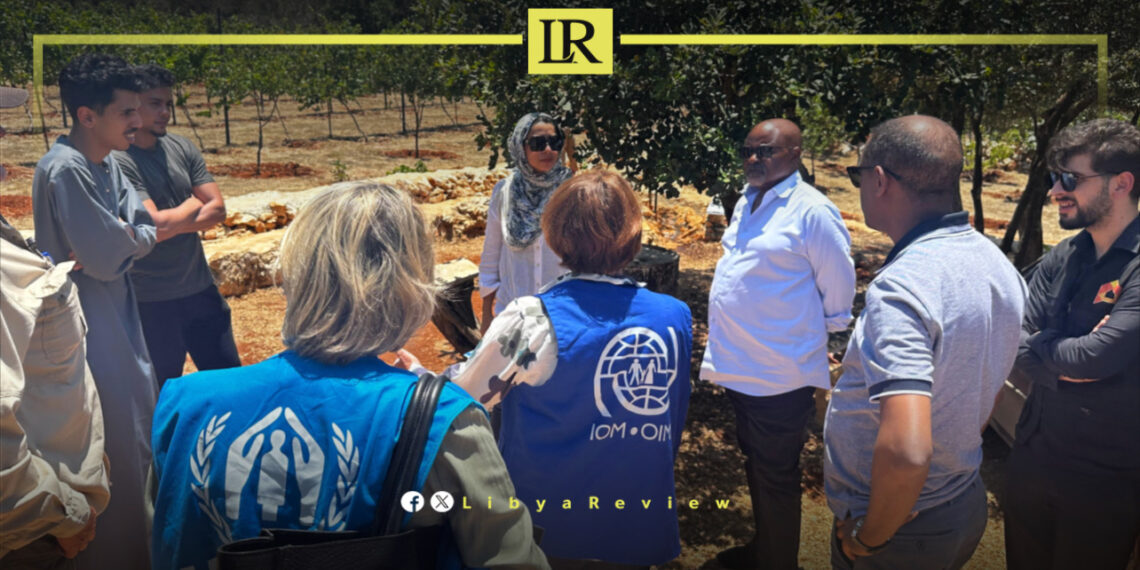The United Nations has reaffirmed its commitment to supporting Libya’s recovery and resilience in the east, with a focus on humanitarian aid, refugee support, and sustainable development.**
UN Deputy Special Representative and Humanitarian Coordinator in Libya, Georgette Gagnon (represented in this visit by Ines Schuma), led a series of high-level meetings with local officials in Benghazi, Al-Bayda, Shahat, and Derna to review ongoing humanitarian and development programs. Particular attention was given to refugee support—especially for Sudanese refugees—as well as climate adaptation and emergency preparedness.
The visit included representatives from the UN Development Programme (UNDP), World Health Organization (WHO), International Organization for Migration (IOM), and the UN High Commissioner for Refugees (UNHCR). The delegation assessed key humanitarian interventions in northeastern Libya, especially in Derna, which continues to recover from the devastating floods that struck nearly two years ago.
In a statement published on the UN in Libya website, the organization praised the resilience and recovery observed in Derna. It highlighted youth-led entrepreneurship initiatives supported by IOM and noted WHO’s ongoing work in strengthening the region’s primary healthcare system.
UNHCR has stepped up its assistance to host communities facing increased arrivals of Sudanese refugees, while UNICEF installed solar-powered water systems in Derna’s Al-Salam neighbourhood, providing a safe and sustainable water source for approximately 10,000 residents.
Schuma reaffirmed the UN’s dedication to working closely with Libyan institutions and communities, emphasizing that international support must complement—not replace—Libyan leadership and ownership of national development efforts.
These efforts follow a round of meetings held in western Libya last week, including talks with the Tripoli Municipal Council and community leaders. Schuma reiterated the UN’s efforts to meet the needs of Tripoli’s residents and promote demilitarization to support stability in the capital.
The UN pledged to continue delivering tools and resources for reconstruction, while intensifying long-term efforts in sustainable development and social cohesion.


